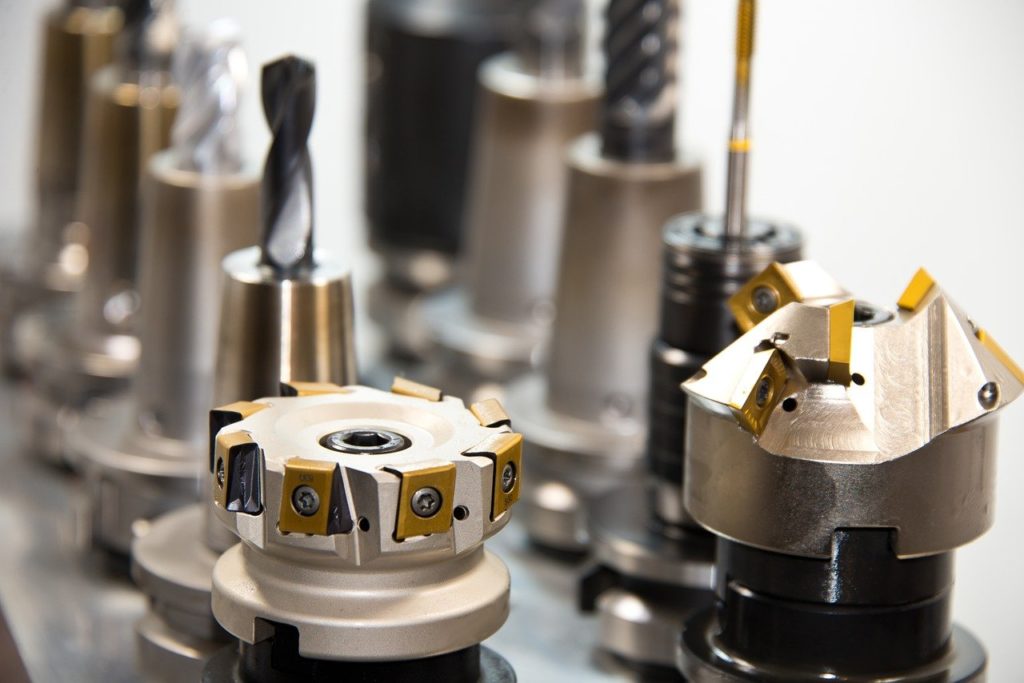
The differences between Manufacturing Engineering vs Mechanical Engineering are pretty distinct. If you’re studying Mechanical Engineering, during your job search, you will come across Manufacturing Engineering positions.
As I’ve mentioned before, manufacturing engineering does not entail much design work relative to engineering. Manufacturing Engineers basically act as the “bridge” between what Design Engineering produces and an actual finished part. MEs (Manufacturing Engineers) can also be responsible for tooling or packaging. They also support machining efforts regarding the design of the product you’re responsible for.
If your background is Mechanical Engineering or Design Engineering, and if you get a chance to take on a Manufacturing Engineering job, take it. Manufacturing Engineering shows you a different side of the equation. As a design engineer, you’re mostly concerned with producing designs and making sure that the design meets operating conditions. But one common issue I see with design engineers is that they don’t look at producibility. There have been many times in my career where Design Engineering has come up something – only to not have it fit.
February 29, 2024General Job Duties
Manufacturing Engineers
- Responsible for the bridge between a design and a finished part
- Act as the middle man – work with tooling, packaging
- Utilize ERP software such as SAP in day to day operations
- Use PLM (Product Lifecycle Management) software such as CPLM to fill out MBOMs
- Coordinate with vendors regarding machining of various parts
Mechanical Engineers
- Responsible for the overall mechanical design of the part
- Perform calculations such as stress analysis to make sure the part doesn’t break
- Creates CAD drawings to send to machinists so they can make the part
- Utilize 3D CAD software such as SolidWorks, Creo, or Catia to create designs
Salaries:
Manufacturing Engineers

According to PayScale, at this point in time, the average Manufacturing Engineer salary is $71,258.
Mechanical Engineers

According to PayScale, at this point in time, the average Mechanical Engineer salary is $72,215.
From the data, we can see that Mechanical Engineers get paid slightly higher than Manufacturing Engineers. This is likely due to the fact that Mechanical Engineering utilizes more “Engineering” compared to Manufacturing. From my firsthand experience, this is also the case. Mechanical Engineers have been seen to be more technically competent. Manufacturing Engineers, on the other hand, seems to have a very “boots on the floor” / “steel mill worker” vibe.
Manufacturing Engineering Job Example
Say you’re on Indeed and you search for Manufacturing Engineering positions.


New Graduate? That could be you! Let’s look more into the position:


If we take a look at the basic qualifications, for this Manufacturing Engineering position, they are much the same if you studied Mechanical Engineering. This is one of the advantages of studying Mechanical Engineering – it’s pretty broad. With Mechanical Engineering, you can get into oil and gas, aerospace, automotive. You can also get into either design or manufacturing as a Mechanical Engineer, giving you more job options. Manufacturing, on the other hand, is more specialized vs. Mechanical Engineering.
If you’re interested in studying Engineering, but don’t know what discipline to study, just do Mechanical Engineering. It’s very broad and you’ll have plenty of options when it comes to looking for a job. If we had to choose between Manufacturing Engineering vs. Mechanical Engineering, we’d go with Mechanical Engineering. The pay is a little higher, and if you become a Mechanical Engineer, it’s very easy to make the transition to Manufacturing Engineering.
See: The Future of Mechanical Engineering
FAQ
Manufacturing Engineering vs Mechanical Engineering which pays more?
Mechanical Engineering pays a little bit more compared to Manufacturing Engineering. This is due to a higher amount of technical competence needed to perform Mechanical Engineering tasks.
What do Manufacturing Engineers do?
Manufacturing Engineers are responsible for all things in between the Design and a finished part. This includes assembly processes, tooling, and packaging.
What do Mechanical Engineers do?
Mechanical Engineers are responsible for the design of the mechanical component / system. They produce CAD drawings, perform calculations, and hold design review meetings as part of their day to day tasks.
Should I study Manufacturing Engineering vs. Mechanical Engineering?
If you have a choice – do Mechanical Engineering, it’s more broad. Always take the broader choice if you’re unsure of what you want to do, it gives more options. If you’re very niche and specialized, and you know what to do, this won’t apply to you.
About the author

Kazuyoshi Fujimoto, PE
Founder | Engineering Career Coach | Principal Mechanical Engineer
Kazu oversees all of ultmeche’s engineering services. He provides consulting such as resume reviews, rewrites, mock interviews, and all services career related. Additionally, Kazu performs consulting work regarding Oil & Gas, Automotive, and Aerospace & Defense. Kazu is licensed as a professional engineer in the state of California and has 9+ years of experience in Oil & Gas, Automotive, and Aerospace & Defense.

3 thoughts on “Manufacturing Engineering vs Mechanical Engineering”